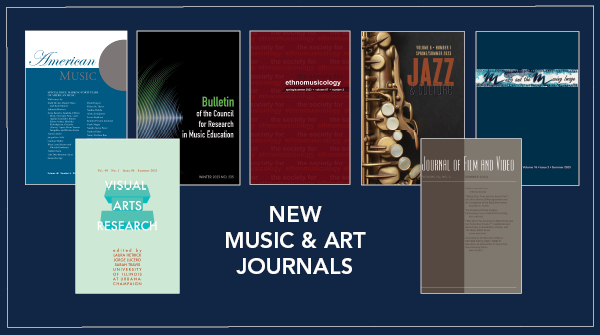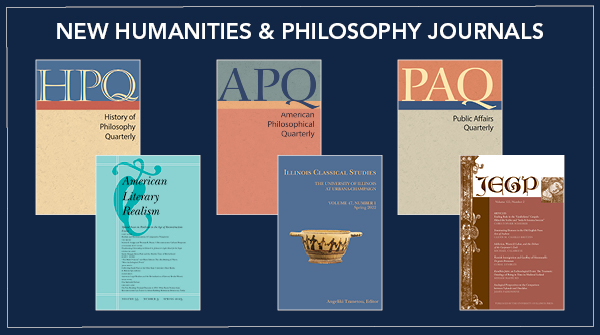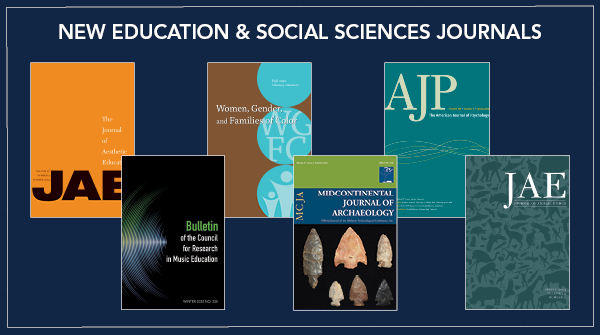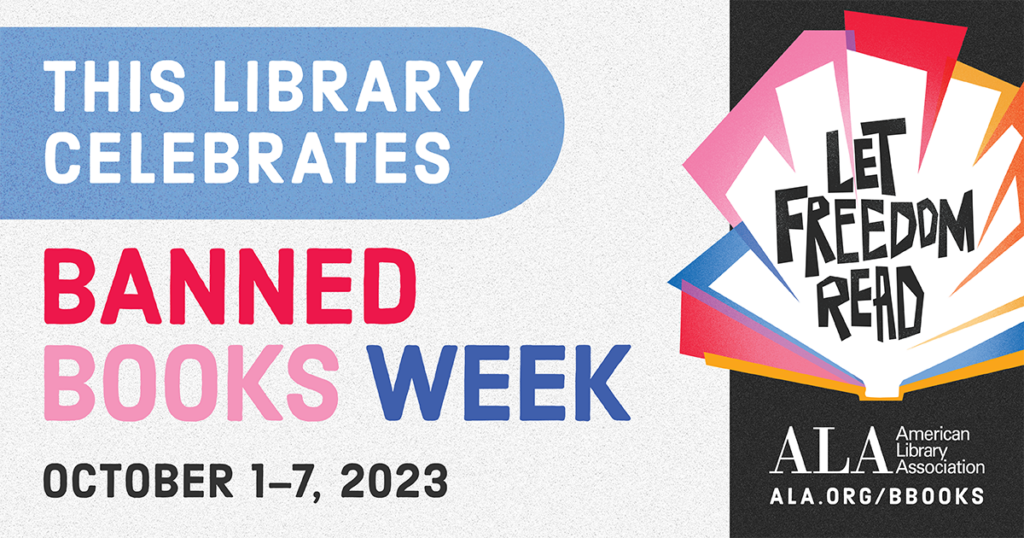
Interested in learning more about banned books and how to advocate for the freedom to read? Here are some great starting points!
The First Amendment and Censorship (Office of Intellectual Freedom, American Library Association)
Supporting Library Workers: Specific Actions to take to support your local library
How to Write a Letter of Support (Unite Against Book Bans)
And here are just a few resources from The Ames Library collection:
PBS Newshour: The Top Library Books People Tried To Ban Or Censor Last Year (interview with Deborah Caldwell-Stone, the Director of the American Library Association’s Office for Intellectual Freedom)
Free Speech Under Attack: Book Bans and Academic Censorship: Hearing Before the Subcommittee on Civil Rights and Civil Liberties of the Committee on Oversight and Reform, House of Representatives, One Hundred Seventeenth Congress, Second Session (transcript of hearing)
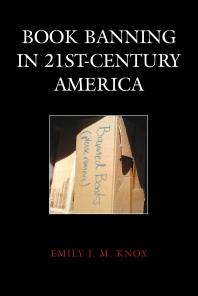
Available online as an ebook as well as in print
(call number Z711.4 .K65 2015, 4th floor)
“Requests for the removal, relocation, and restriction of books–also known as challenges–occur with some frequency in the United States. Book Banning in 21st-Century American Libraries, based on thirteen contemporary book challenge cases in schools and public libraries across the United States argues that understanding contemporary reading practices, especially interpretive strategies, is vital to understanding why people attempt to censor books in schools and public libraries.”

Available online as an ebook.
“This resource from Pekoll, Assistant Director of the American Library Association’s Office for Intellectual Freedom (OIF), uses specific case studies to offer practical guidance on safeguarding intellectual freedom related to library displays, programming, and other librarian-created content. Beyond Banned Books spotlights case studies drawn from public libraries, schools, universities, and government agencies dealing with library displays, artwork, programs, bookmarks and reading lists, social media, and databases; summarizes possible complaints and controversies related to each area; draws connections between the intellectual freedom principles involved and associated legal issues, with relevant court opinions when possible; shares questions to consider when strengthening a library’s defenses against censorship; discusses the importance of reporting challenges to OIF, and the professional and institutional support that OIF can provide when challenges arise; and includes key ALA policies on intellectual freedom as appendices.”

